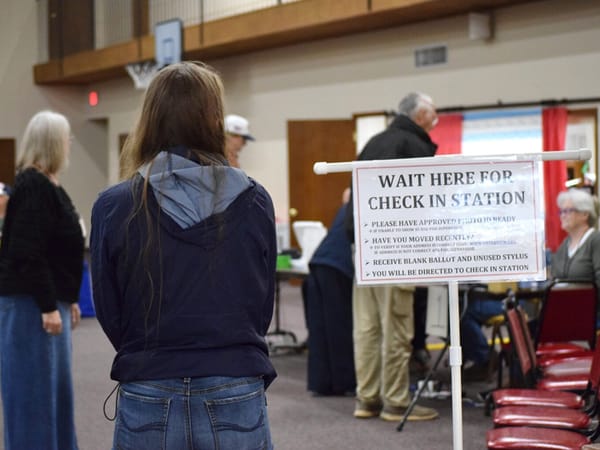Push to Safeguard Direct Democracy in Arkansas Faces Legal and Readability Hurdles
Arkansas Attorney General rejects a ballot measure designed to protect direct democracy, citing readability rules. Coalition plans to revise and resubmit the measure.

On Tuesday, July 1, Arkansas Attorney General Tim Griffin rejected for the second time a proposed constitutional amendment designed to protect direct democracy in the state. The decision followed a new rule under Act 602, passed in April, which bars the attorney general from certifying any ballot title that scores above an eighth grade reading level on the Flesch-Kincaid scale. This formula, measuring readability based on sentence structure and word difficulty, has drawn criticism as a barrier to citizen-led initiatives and a limit on public participation.
The most recent submission from the Protect AR Rights coalition scored 9.3 on the Flesch-Kincaid scale. While improved from the original 11.5, it still exceeded the legal limit. The opinion, authored by Assistant Attorney General Kelly Summerside and approved by Griffin, concluded that the title did not meet the required readability standard.
What the Amendment Would Do
The Arkansas Ballot Measure Rights Amendment sought to revise Article 5, Section 1 of the state constitution to affirm that citizens hold a fundamental right to propose and repeal laws through ballot initiatives and referendums. Among its provisions, the amendment would prohibit the state legislature from altering or overturning constitutional amendments approved by voters. It would require voters to be notified if their petition signatures were disqualified and provide an opportunity to correct them. The amendment also aimed to reduce the number of counties from which signatures must be gathered from fifty to at least fifteen. A separate legal challenge to the 2023 law that increased the county requirement from fifteen to fifty remains unresolved following a hearing held last October.
Ambiguity Stalls the Ballot
Attorney General Griffin also cited ambiguous language in the amendment as a reason for its rejection. He explained that while the sponsors likely intended to require signatures from at least fifteen counties and to prevent future laws from increasing that number, the wording suggested signatures must come from exactly fifteen counties. Griffin argued this contradiction created confusion and conflicted with other sections of the proposal and the ballot title, making it too ambiguous to certify.
Advocates Pledge to Fight Back
Gennie Diaz of Protect AR Rights reaffirmed the coalition’s commitment to defending Arkansans’ right to direct democratic participation. She stated that the group was reviewing the attorney general’s feedback and that its drafting team would revise and resubmit the measure promptly. Diaz also reiterated the coalition’s concern that the eighth grade readability requirement conflicts with the legal obligation to provide voters with a clear and accurate ballot title, a matter the group is challenging through ongoing litigation.
A Test for Arkansas Democracy
Arkansas is one of twenty four states that allow citizens to place laws or constitutional amendments directly on the ballot, according to the National Conference of State Legislatures. Advocates for direct democracy see it as a vital tool for citizen engagement, yet recent legislative actions in Arkansas suggest a shift away from this principle.
The debate surrounding the ballot measure highlights a tension between accessibility and clarity, between ensuring voters can understand proposals and preserving the ability for citizens to shape laws directly. As Protect AR Rights prepares to revise and resubmit its measure, the outcome could have lasting implications for the balance of legislative and voter power in Arkansas.





